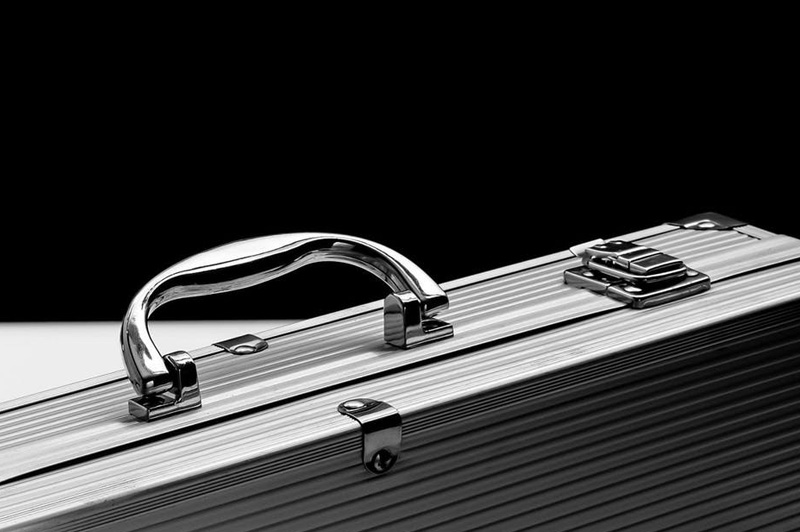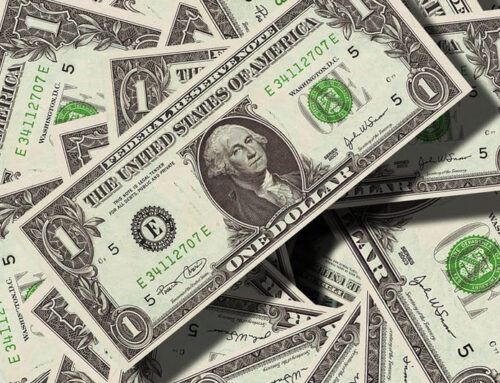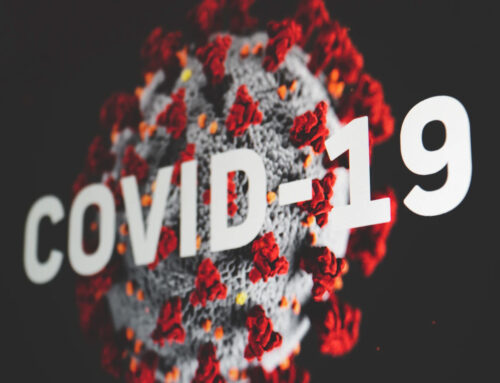In some circumstances a chapter 13 bankruptcy is a better strategy for dealing with past due taxes. Indeed, as my last blog post explained, a Chapter 7 case can be a powerful tool in dealing with past due taxes. A chapter 7 stops, at least briefly, any pending IRS or Oregon Department of Revenue (ODR) paycheck or bank account garnishment, and most other collection actions. And, most importantly, a Chapter 7 case can either: 1) discharge (legally write off forever) certain, usually older, income tax debts; or 2) discharge enough of your non-tax debts so that—after your Chapter 7 case is completed— you can afford to enter into a reasonable monthly payment plan with the IRS and/or the ODR on the taxes that can’t be discharged; or 3) a combination of the above two—discharge some of your tax debt, along with some or all of your other debts, so that you can afford to enter into a monthly payment plan with the IRS and/or ODR on the taxes that can’t be discharged.
explained, a Chapter 7 case can be a powerful tool in dealing with past due taxes. A chapter 7 stops, at least briefly, any pending IRS or Oregon Department of Revenue (ODR) paycheck or bank account garnishment, and most other collection actions. And, most importantly, a Chapter 7 case can either: 1) discharge (legally write off forever) certain, usually older, income tax debts; or 2) discharge enough of your non-tax debts so that—after your Chapter 7 case is completed— you can afford to enter into a reasonable monthly payment plan with the IRS and/or the ODR on the taxes that can’t be discharged; or 3) a combination of the above two—discharge some of your tax debt, along with some or all of your other debts, so that you can afford to enter into a monthly payment plan with the IRS and/or ODR on the taxes that can’t be discharged.
But what if none of the income taxes you owe meet the conditions for them to be discharged? Or what if a Chapter 7 case would still leave you with little or no money left over to pay any taxes that were not discharged? Or what if some of your income taxes would get discharged but not enough, with the result that you would not have the money to enter into a reasonable monthly payment plan with the IRS and/or the ODR?
The following example illustrates how Chapter 13 can help in these situations:
Michelle has owned and operated a small retail women’s clothing store since 2007. Through her very hard work, the store became profitable within a year of opening, at which point it was producing enough income to meet Michelle’s basic living expenses and debts. Plus she was able to hire a part-time employee. But in 2010 Michelle got very sick and so could not work consistently for much of 2010 and 2011, and so she had her employee work full time much of the time. Her absence greatly increased her employee costs as well as cut into her sales.
Michelle is now back in good health, but her finances, especially with the IRS and ODR, are really hurting. During 2010 and 2011 every dollar she took out of the business went to pay her most basic living expenses. She had always dutifully paid the appropriate quarterly estimated income tax payments to the IRS and the ODR, but simply could not do so in 2010 and 2011. She still filed the tax returns on time, on April 15, 2011 and April 15, 2012, respectively. As a result of all this, she owes a combined $6,000 to the feds and the state for 2010 (having made monthly payments on the debt during the last year) and $13,000 for 2011. She paid some but not enough quarterly payments in 2012 and owes another $4,000 for that year. She has been paying appropriate amounts each quarter in 2013 and 2014 so will not owe for these two years.
During the worst of her illness in 2010, Michelle did not pay the IRS and ODR all of the taxes that she withheld from her employee’s paychecks. She’s made payments on this in the meantime, but still owes $5,500 in withholding taxes. Michelle has now gotten her business back on track. It’s generating enough income for her business and personal expenses, and to pay her current income and withholding taxes, but not the substantial back taxes. She also owes a total of $20,000 in personal and business credit card debt, racked up during her illness, that she’s making minimum payments on, plus $15,000 in still unpaid medical bills from her illness that she has arranged to make modest monthly payments on. The immediate problem is that the IRS has just sent a Final Notice of Intent to Levy on her business checking account, inventory and equipment, because of the unpaid withholding taxes. A levy on these business assets would destroy her business.
Why Chapter 7 Would not Help Enough:
In a meeting with a competent bankruptcy attorney Michelle learned that a Chapter 7 would not be very helpful to her. Most of her tax debts would not be discharged—only the $6,000 in 2010 income tax is old enough to qualify, and withholding taxes can never be discharged. That would leave $17,000 for the 2011 and 2012 income taxes, plus $5,500 for the withholding taxes, a total of $22,500. And while her credit card and medical debts would very likely get discharged in a Chapter 7 case, the monthly cash flow benefit would not be nearly enough so that she could pay the IRS and ODR enough each month to satisfy them, particularly on the withholding taxes. And even if the IRS and ODR would accept the little she could afford, the continuously accruing interest and penalties would result in taking forever to pay off the taxes. And throughout that time the IRS could threaten her business whenever she could not make a payment when business was slow.
The Chapter 13 Solution:
Instead Michelle files a Chapter 13 case and that immediately stops the levy threat on her business checking account and other business assets. The business is in her own name, so her Chapter 13 filing protects both her business and personal assets. After stopping payments on her credit cards and medical bills, her budget shows that she could reasonably afford to pay $500 per month on all her debts. This would be enough to pay off all the “priority” tax debts—the nondischargeable income taxes plus the withholding taxes, totaling $22,500—plus the Chapter 13 trustee fees and Michelle’s attorney’s fees, in a little more than four years. Little or nothing would go to the “general unsecured” debts–the older income tax of $6,000 combined with $35,000 in credit card and medical debts.
If Michelle’s business improved during the next few years and her personal income from the business increased significantly, she would be required to pay more into her Chapter 13 plan each month. But unless she was able to increase how much she paid so much that she would pay off her plan in less than three years, those increased payments would just finish her case faster without paying anything more to her “general unsecured” debts.
Throughout this time no interest or penalties would be added to the taxes, and the IRS and ODR could not take any action to collect on any of the back taxes. At the end of her Chapter 13 case, all of Michelle’s taxes that could not be discharged would be paid in full, her dischargeable taxes and her other debts would be forever discharged, she would be current on her ongoing taxes, and would otherwise be debt-free.
The above information and example is not meant to give specific legal advice. The information in this blog and example is meant to give general information. Indeed the laws are always changing and everybody’s situation is unique. As with any legal issue involving potential bankruptcy, taxes, etc., it is always recommended that an individual meet with an experienced Portland bankruptcy lawyer to discuss their unique situation. Attorney, Adam M. Weiner, is an experienced Portland bankruptcy attorney and is always interested in helping empower people to gain more control over their financial lives (through knowledge, information, debt settlement, and, if appropriate, a chapter 7 or chapter 13 filing). And the result is reduced stress so individuals can more easily achieve the life that they desire.





